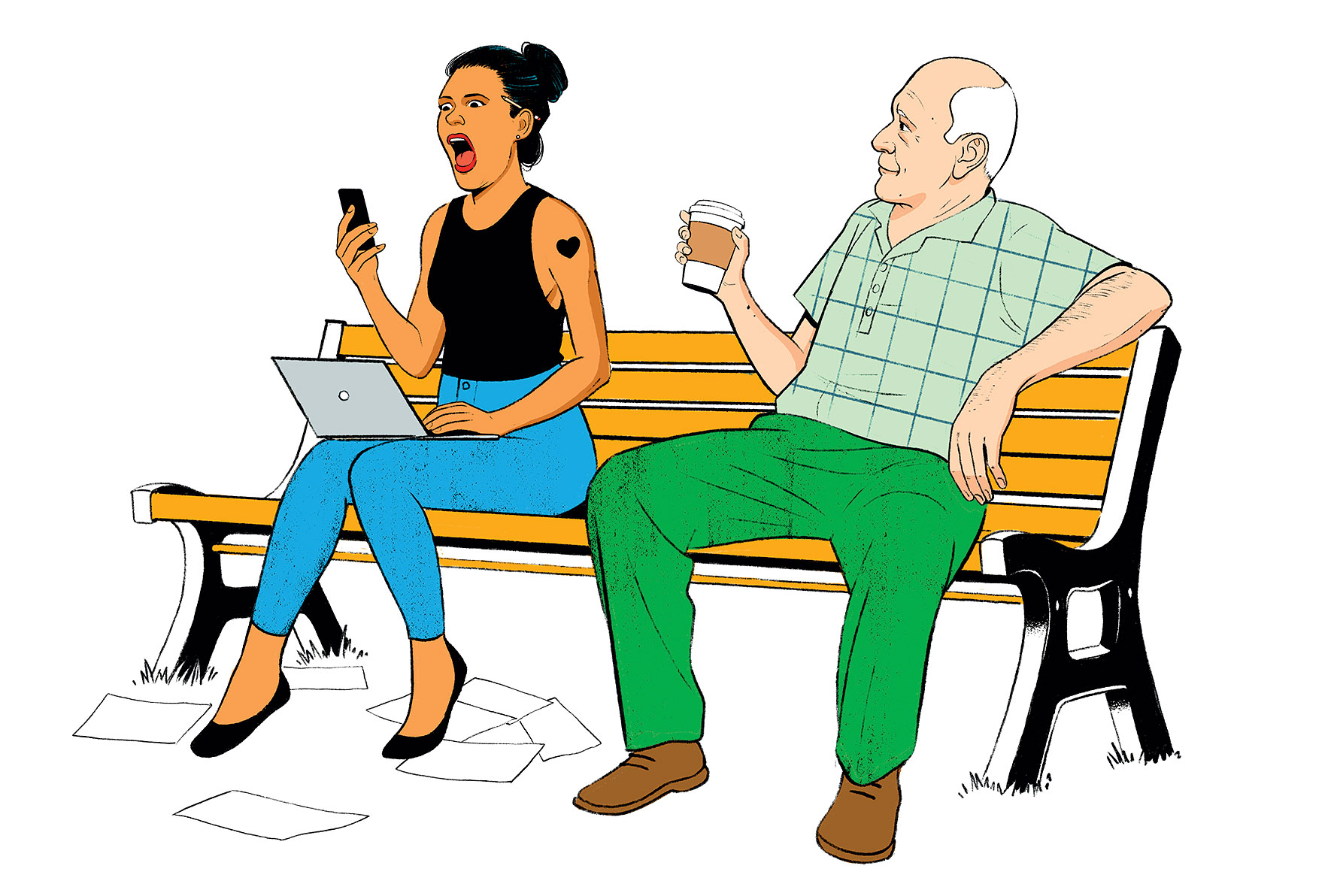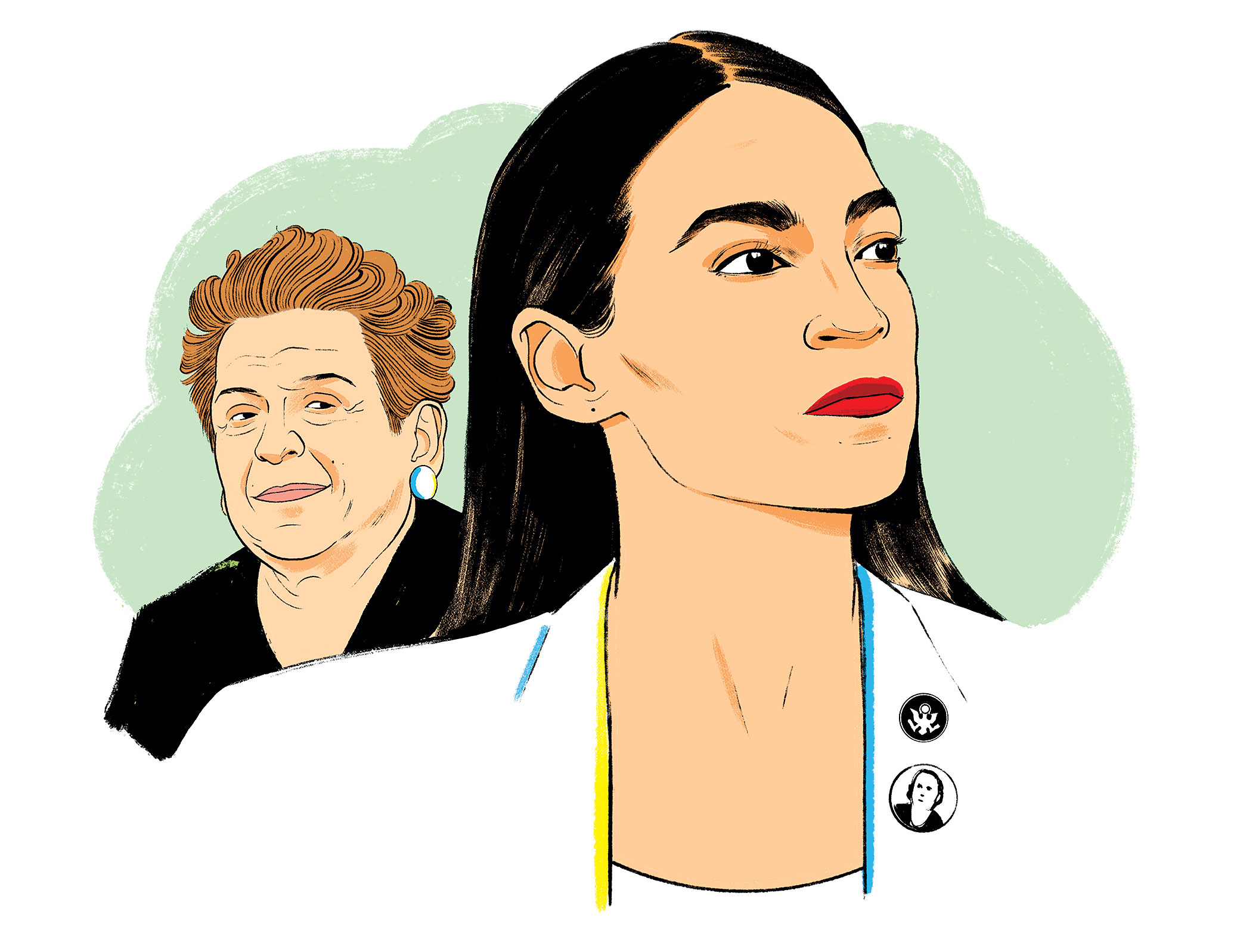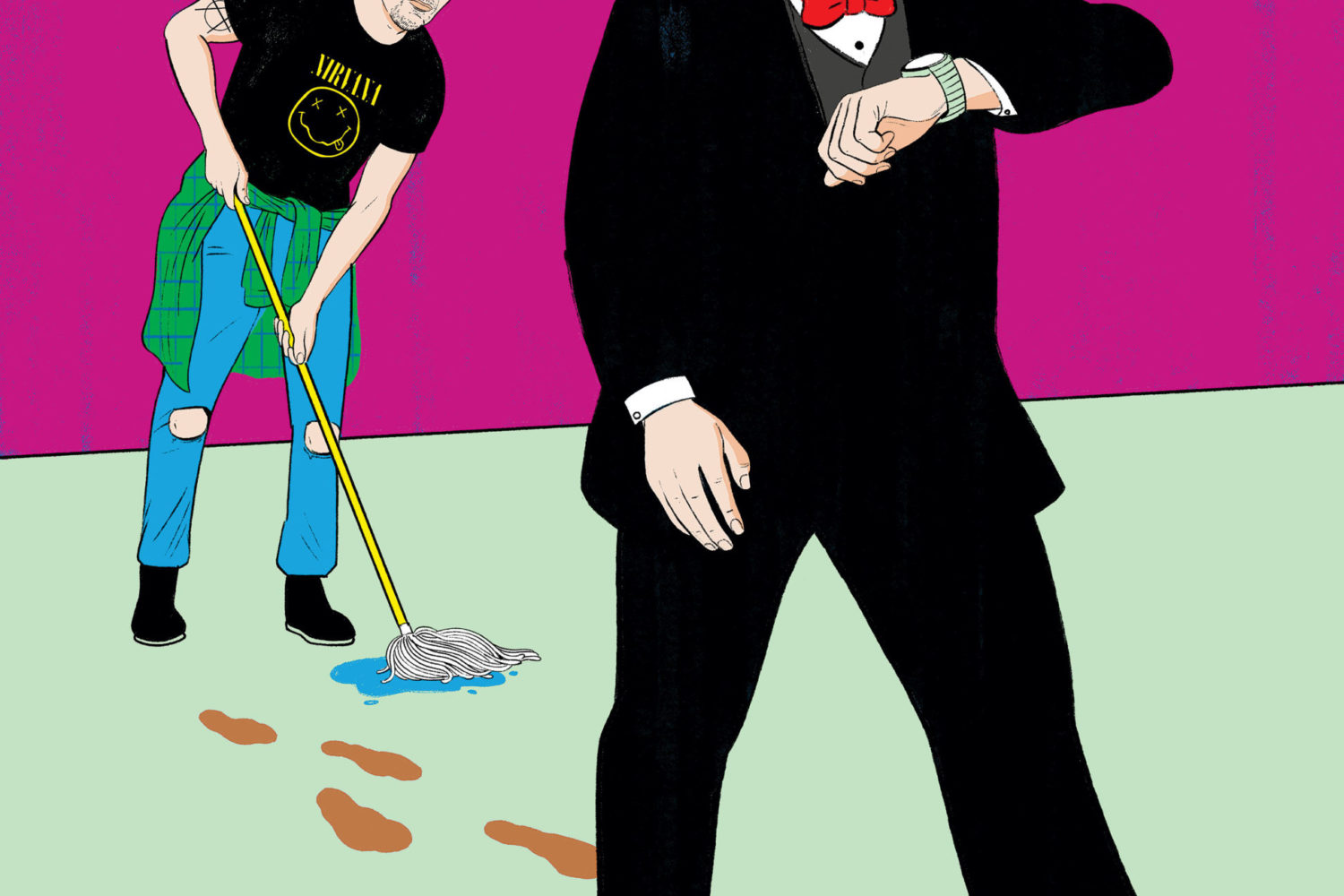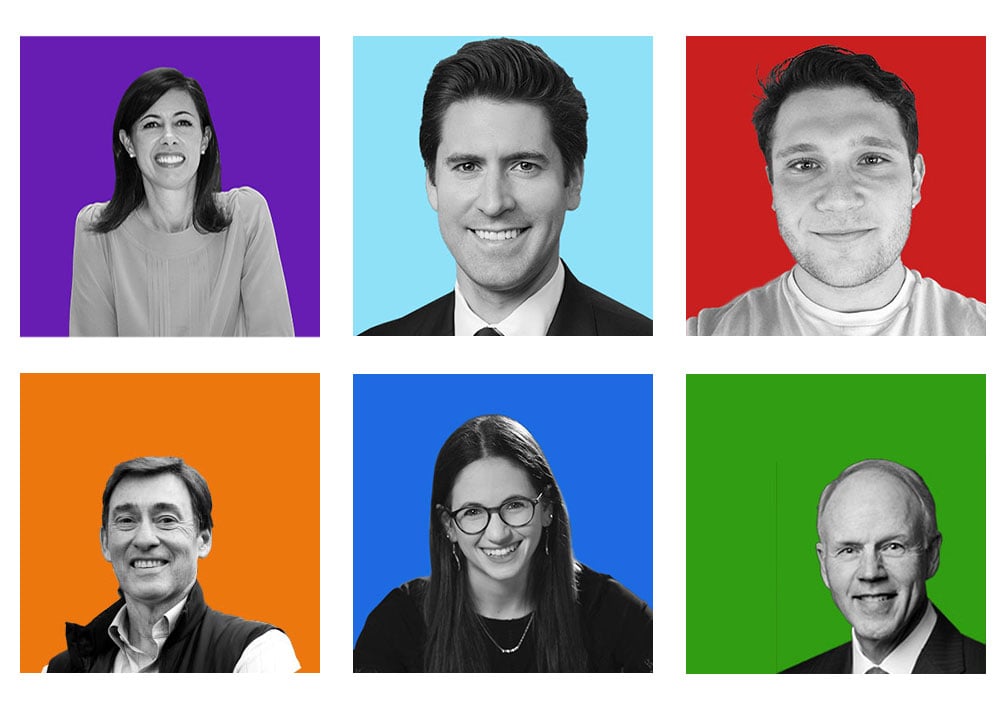They’re slugging it out in Congress and in the local condo market. But what about other arenas of life? Our impartial examiner, Andrew Beaujon—safely out of the age range for either generation—adjudicates.
Power Dining
A general rule of DC’s trendier nightlife districts is that the farther east you go, the younger the crowd—and the restaurateurs—skew. Once upon a time, that would have guaranteed that the oldsters were running the establishments where the capital’s influence business got its work done. After all, while smoke-filled rooms may no longer exist, “a lot of what’s done in Washington is done over drinks,” says Ryan Williams, executive vice president of the public-affairs firm Targeted Victory.
These days, though, the iron rules have been scrambled. Williams, for instance, lives in Shaw—and enjoys coaxing boomer friends to go out with him. But he says major meets still tend to happen at bigger-name spots in often non-millennial Georgetown. One issue for regulars of Martin’s and Cafe Milano? Pinot Grigio can be elusive in Shaw.
Who does it better? In this bananas political climate, it’s hard not to be a little nostalgic for good old-fashioned brute-force politics done behind closed doors. Take us to Georgetown and fill us with Negronis—even now, it’s an impressively intimidating look.
Work
We’ve all heard the differences: Millennials use Slack. Boomers actually make phone calls. Millennials are always on. Boomers maintain a distinction between work hours and home.

Each approach has advantages. But when we spoke to Johnny C. Taylor, president of Alexandria’s Society for Human Resource Management, he pointed out a trend that ought to terrify younger workers. It’s a trend you need look no further than the House of Representatives’ Democratic leadership to witness: “We can’t count on people leaving the workplace at 65,” Taylor says. Advances in health care mean boomers are more likely to hold onto enviable jobs.
Who does it better? Boomers. It’s not their problem these youngsters have no place to go. After all, they didn’t start the fire.
Live Music
Everyone loves music, right? And while your humble judge wouldn’t presume to evaluate tastes, it’s clear that the ways different generations experience Washington’s music vary significantly.
We spoke with local venues to see what differences they’ve noticed. One is unsurprising: Millennials are more likely to connect online when planning an evening of music. A more interesting divergence has to do with how the generations eat while out: Millennials “show up later” and “eat and drink less,” says Michael Jaworek of Alexandria’s Birchmere. At Wolf Trap, millennials “are far more likely to bring in their own food,” according to Arvind Manocha, the venue’s president.
Who does it better? Millennials. It’s close, but eating at one place and seeing music at another makes a night more full. Plus homemade picnics are always better. In fact, if picnickers tote, say, Cava or Shake Shack, our judgment defaults to the generation that bought seats instead of lawn tickets.
Being a Freshman Democrat

Comparing generations in politics is tricky because you’re often pitting one actual cohort up against memories of a now-retired group. But sometimes voters help create ideal conditions for a battle.
In this corner, 29-year-old New York congresswoman Alexandria Ocasio-Cortez, who’s now so famous she’s widely known by her initials—and who can kick off a national debate about garbage disposals by expressing surprise that her Navy Yard apartment came with one. In the other, 78-year-old Florida congresswoman Donna Shalala, who served in Bill Clinton’s cabinet, ran the Clinton Foundation, has “Fight Song” as her ringtone, has had an apartment in Georgetown for decades—and, like AOC, entered Congress with the class of 2019.
Who does it better? Shalala has survived despite a career of “too’s”: Too liberal for the Clinton administration, they said. Too old and too English-speaking to win a Miami district, they said. Yet she overcame. Time was, a freshman with her pedigree would have instantly become a big deal. Now the measure of being a big deal, in large part, is being able to put something on the agenda just by talking about it. We gotta give this one to AOC.
Sex
Millennials may go down as the first cohort of young people who worried elders by having too little sex. Such was the conclusion of a recent cover story in Washington’s most august magazine of ideas, which reported on a supposed “sex recession.” So much for the utilitarian possibilities of Tinder. “Maybe the human sex drive is more fragile than we thought, and more easily stalled,” the Atlantic’s Kate Julian concluded.
Of course, while Julian’s story got plenty of attention, the year’s biggest sex-and-journalism news in Washington involved the #MeToo reporting about generally older men abusing their power over colleagues.
Who does it better? Millennials. The court was initially inclined to rule against them on the logic that these poor Netflix-addled youngsters are missing out. Then we reconsidered. Even if boomers started doing it at Woodstock and never paused, #MeToo made a lot of us wonder how willing the partners always were. You can’t blame millennials for sitting things out once in a while.

Hospitality Marketing
After years of Instagram campaigns and attractions that play to millennial stereotypes—alcohol-filled juice boxes, a claw machine filled with sex toys, a bocce court and tattoo parlor instead of a hotel front desk—efforts to market to people born after 1980 hit a new low when the Meatball Shop introduced DC to Free Ball Fridays, which offer a “naked bowl” of your choice of spherical meat.
This kind of thing just doesn’t happen at the Prime Rib.
Who does it better? Neither! Your judge, who is 51, is going to claim this for his cohort. Let the millennials blow out their wrists playing cornhole and the boomers chug Cabernet while complaining about the kids’ failure-to-launch bills. We’re eating full plates at restaurants that take reservations. Then we’ll go home, put the kids we had later in life to bed, and have sex.
This article appears in the July 2019 issue of Washingtonian.
















